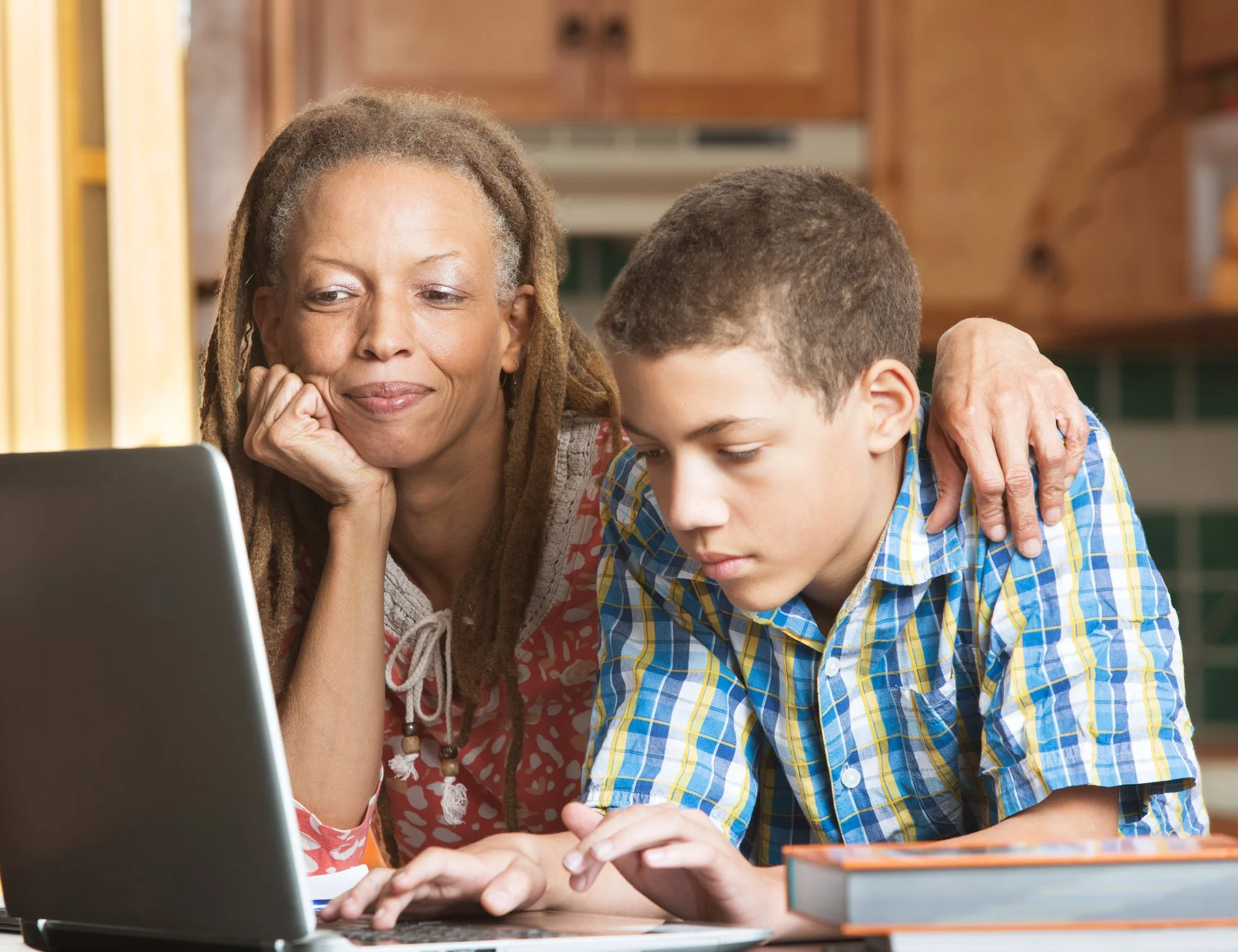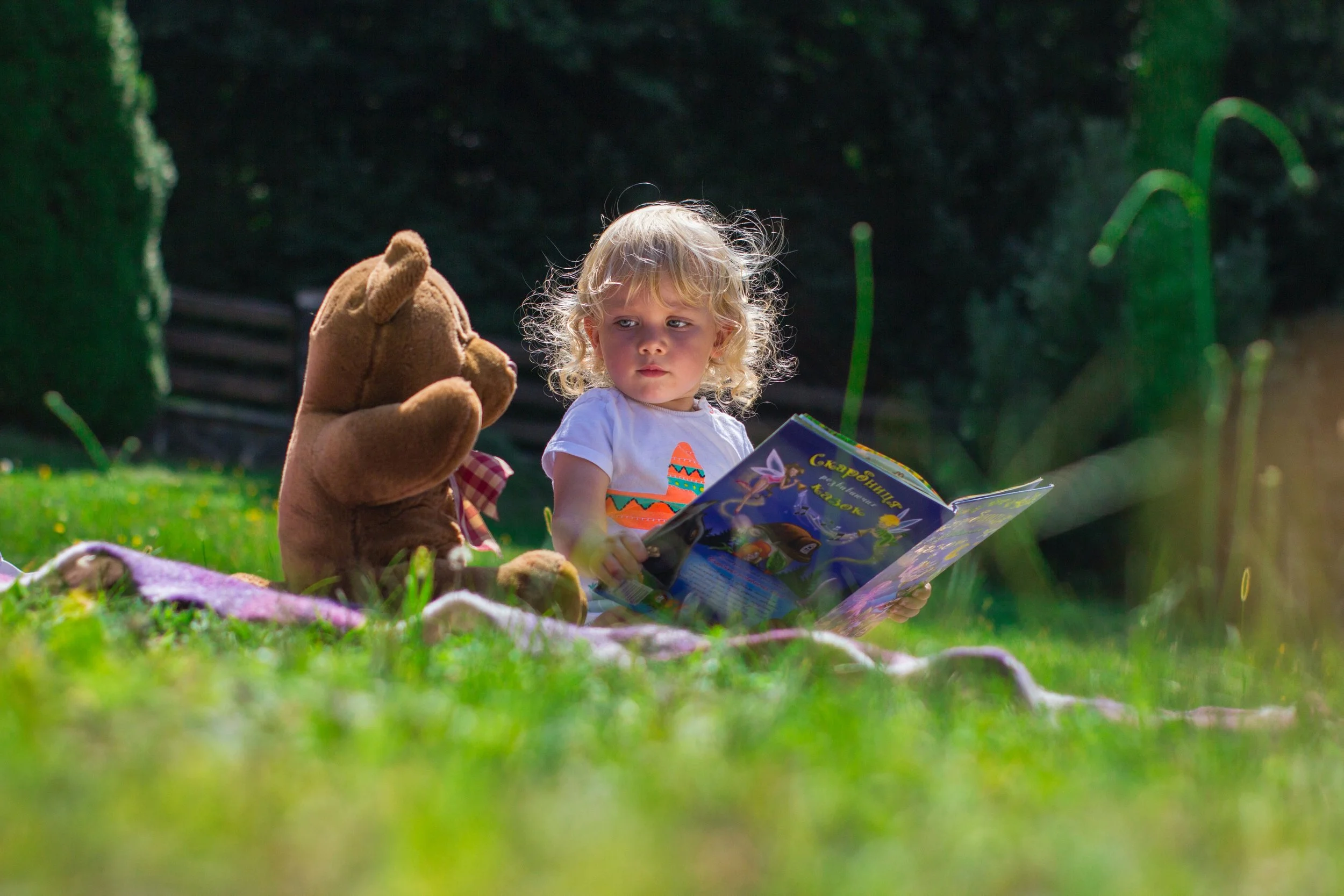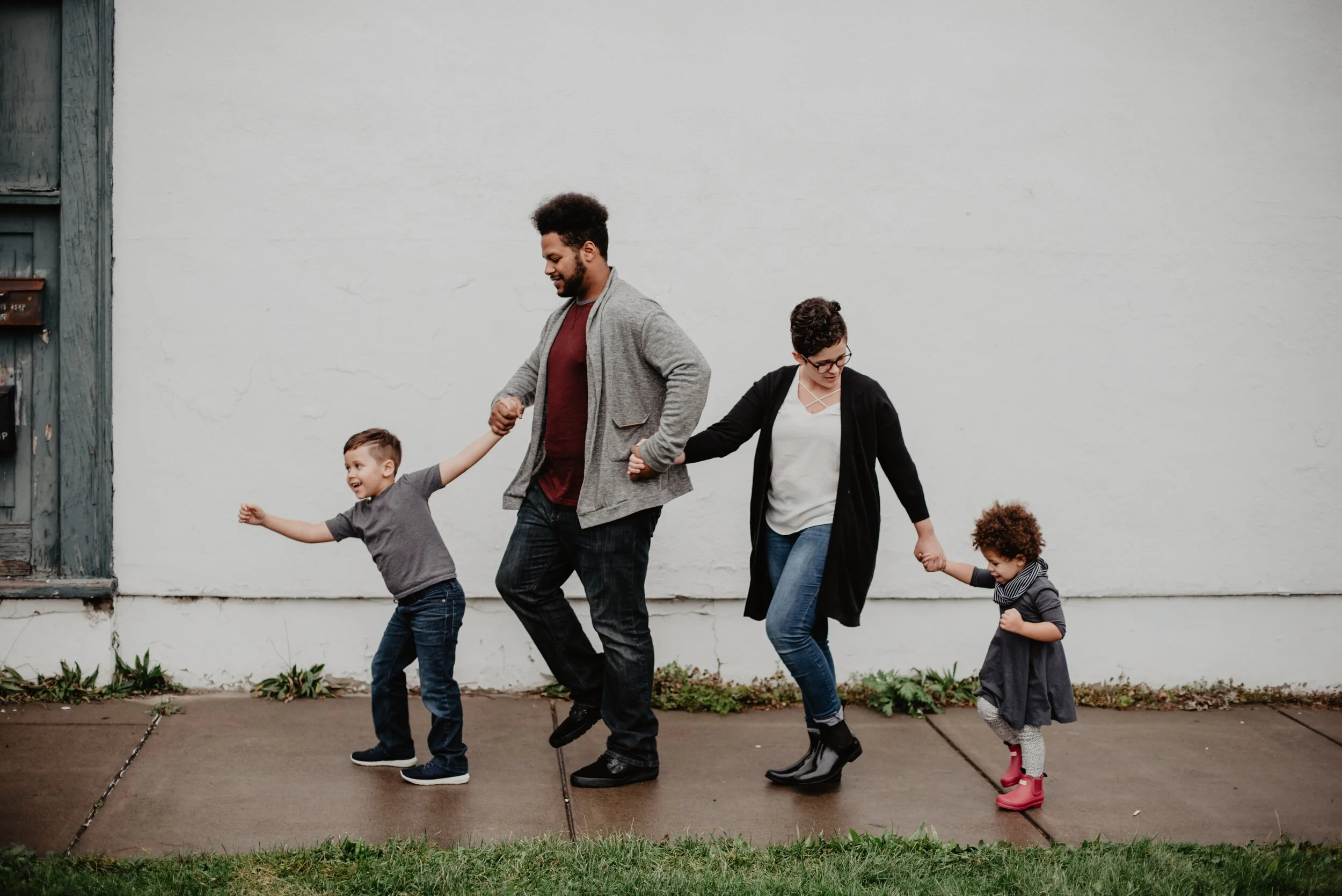Do you struggle to help your kids find balance with their screen times? Today’s guest blogger outlines some ways to be in conversation with your kids about their use of electronics.
Read MoreDo you have a love-hate relationship with summer when it comes to your kids? Especially your teens?
If you answered yes, you are not alone! I get this a lot from the parents I work with.
Summer used to be the ice cream truck, spending hours in the pool, and riding our bikes around the neighborhood.
Now it’s feeling torn between work and being there for our kids, logistical nightmares of getting kids to a different camp every week and spending the whole summer feeling guilty that our kids are spending too much time on their screens.
Read MoreOne of the negative effects of all this technology at our fingertips is that we are not asking our kids to really think things through or be critical thinkers. Our kids today are used to getting instant gratification by the ease of finding information online --that use of tech together with our tendency to helicopter parent and plan everything out for our kids--we are essentially imposing our executive functioning instead which doesn't allow them to use their own executive functioning. We as parents may be taking over too much which doesn’t allow our kids to learn how to be critical thinkers.
Critical thinking is the logical planning, evaluating, looking back, and looking forward in the process of making a decision. Parents are automatically doing this instead of letting their kids learn it naturally.
This can end up being a real problem for our kids!
Engaging our kids as critical thinkers is going to help kids across multiple measures. It's going to give them a sense of efficacy, a sense of autonomy, and of self-confidence because they are thinking things through and figuring things out on their own.
Too often we have kids that don't listen because we have trained them not to listen! We do that by making a request of them without following through. In that way, by the time our children are tweens or teens, they have a honed sense of how seriously they have to listen. They know you don't really mean it until you get loud or mad.
Instead, learn The S-U-S-T-A-I-N-E-D Connect to teach your kids to follow through without you ever having to raise your voice or sharpen your tone.
After sheltering in place during Covid-19, many kids have social anxiety and lack the skills they need to get along well with their peers. Empathy is a key way to improve social interactions. Here are 5 Tips for Teaching Kids to be more empathetic.
Read MoreWhen it comes to parenting, we are always only making our best guesses. But both of these examples illustrate how when some piece of the parenting still isn't working despite our best arguments and creative solutions that our own emotional baggage or needs might be getting in the way.
The good news is that if we are willing to be open and curious about our own reactions, we have the potential not only to become more effective parents but to heal our own wounds at the same time.
When we are clear about who we are—and really own it with confidence--we are better able to separate ourselves from our kids and let them be who they are (and who they are becoming).
Read MoreA home is not the same as a classroom full of twenty to thirty kids.
But there are some things that parents can learn from the way good teachers do things.
When teachers are evaluated for effectiveness, the measure used is Time on Task. That means how many minutes of the day are students actually learning or practicing content. Any minutes spent doing organizational tasks—taking attendance, collecting lunch money, turning in homework—do not count towards a teacher’s effectiveness.
At home with families, there are necessarily a lot of things that just need to get done—laundry, food prep, clean up, kids getting dressed/undressed, bathed, etc.—but the truly meaningful time is the time spent bonding together, connecting and having fun. In families, that is the Time on Task.
Do you struggle with what consequences to give your kids? The goal of a consequence is not to humiliate, shame, or punish. It is to shift behavior.
Read MoreLots of parents fear potty training and worry that it is going to be a big struggle. The trick to shifting kids successfully from diapers to underwear is to strike a balance between teaching a child about the potty and how to use it, inviting them to use it when then want to and then letting them do so on their own schedule. If you just trust your child is going to get there eventually and project no tension about the process they are making, the child’s natural instinct to do “big kid” things will kick in. Here are some concrete ideas to consider.
Read MoreI was first exposed to Positive Discipline as a classroom teacher, and I was very glad to have it in my toolbelt when I became a parent. Positive Discipline supports Authoritative Parenting—represented by the balance of high warmth with our kids and high expectations for our kids. It has long been known to be the most effective parenting style for raising kids who thrive.
Read to find out more and to hear, specifically, what Positive Discipline Looks like with Tweens and Early Adolescents go
At the start of the new school year, everyone feels motivated—teachers, students and parents. As the year wears on, however, especially students—even more so tweens and teens—lose their motivation. That stresses and concerns parents a lot (In my Middle School Moms FB group unmotivated kids is a topic that comes up fairly often). And it should concern us because how miserable is it to send our kids off to school every day if they are not arriving happy and eager to learn.
So let’s look at how to motivate kids (and how we can keep from demotivating them).
Read MoreRaising a child is anything but easy. Parenting is a full-time job that requires attention, dedication, and patience. As a parent, you are responsible for shaping the perceptions and experiences of your little one, thereby ensuring that your child becomes a productive member of society. To ensure that you can nurture and support your child, you must begin by understanding them. To do so, here are some methods that can help.
Read MoreA lot of people—parents, kids and teens—are anxious about returning to “normal” whatever that is going to look like post-covid. It is my sincere hope that families work to incorporate the silver linings of #parentinginplace into the new school year. That might include family dinners, kids doing chores, family meetings or even new hobbies that keep us grounded and relaxed.
Read MoreTheory is one thing. Putting your best parenting practices into play in the heat of the moment is quite another story! Come read my true confessions of feeling I too often failed my visiting niece and nephews this past week. Boy, are my skills rusty! And, wow, was I reminded how much of parenting is the mental game!
Read MoreParenting is hard, but the right hacks can make daily life a lot smoother. From babies to teens finding the easy way to do things provides more flow and harmony with your home. That means more time for bonding and connecting!
Read MoreThe idea of talking to your kids about porn may make you want to hide your head, but who better than you to do it? Recently I had the pleasure of hearing sex educator Amy Lang give a webinar on how to talk to your boys about porn. I felt like what she has to say is so critically important that I wanted to pass on to you the key ideas I got from her talk. (And while it was directed towards parents of boys, everything Amy said sounded like I could have easily used it with my daughter, too.)
Read MoreI hear from a lot of people, “My parents never talked to me about that.” The “that” could be sex, sexuality, rape, relationships, a family history of mental illness, divorce, money, suicide, smoking, drugs, alcohol or addiction, dating history, you name it.
Many adults report wishing their parents had been willing to talk to them about difficult subjects and reflect that maybe if their parents had talked about these issues, life for them might have been easier.
Wondering How do I talk to my kids about sex? About drugs? etc. Here are some general guidelines to consider.
Read MoreAs a parenting coach I love giving talks around the San Francisco/Bay Area. And now that we are all sheltering in place, I have been doing coaching online by giving webinars. Every once in a while, I leave 10 minutes for Q + A at the end of a talk and I realize upon reflection that I should have talked for 10 minutes and left 50 minutes for Q + A. Since a lot of the questions that come up have similar themes and might be showing up in your house, I thought you might like to read some of those questions and answers.
Read More




















